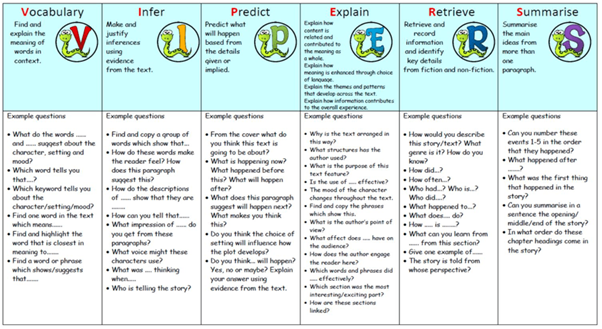We recognise that a third of students nationally enter Year 7 with a reading age below their chronological age, and that those students who struggle most with reading are also likely to be those who read the least. Our strategy for reading and literacy is designed to ensure all students are exposed to a wide range of engaging and challenging texts to support their development.
As the academy grows, our curriculum will incorporate the following:
- Accelerated Reader
- Class Reader
- Promoting a Culture of Reading
- Disciplinary Reading
- Intervention:
- Wave 1
- Peer Reading
- Lexia
- Phonics
- Family Engagement
Our approach is designed to enable all students to develop a love of reading through rich and purposeful experiences so that they become successful life-long readers. Success as a reader underpins learning in all areas of the curriculum and wider life and therefore is highly valued and prioritised across the curriculum.
We aim to promote high standards of language and literacy by equipping pupils with a strong command of the spoken and written word, and to develop their love of literature through widespread reading for enjoyment.
The national curriculum aims to ensure that all pupils:
- develop an appreciation and love of reading and read increasingly challenging material independently.
- understand increasingly challenging texts.
- read easily, fluently and with good understanding.
- develop the habit of reading widely and often, for both pleasure and information.
- acquire a wide vocabulary, an understanding of grammar and knowledge of linguistic conventions for reading, writing and spoken language.
Our Academy Literacy and Reading Strategy is designed to:
- Structure opportunities for pupils to read multiple texts across the academic year.
- Model expert reading.
- Develop knowledge and understanding of challenging vocabulary, comprehension, and context.
- Assess the impact of wider reading.
- Support the development of reading through peer reading programmes.
All students continue to further develop their reading through the Class Reader curriculum. Texts are carefully selected based on their thematic links with either the L4L, English or Personal Development curriculum, their wider cultural significance, or their contribution to building pupils’ cultural capital, and are explored during form sessions As part of their learning, pupils also engage with activities designed to develop their contextual understanding of the novel and author, extend their knowledge of key vocabulary, and develop their appreciation of writer’s intent and reader response.
During Class Reader, staff read aloud to pupils (‘Modelled Reading’) and all pupils follow in their own copy. To support this, pupils are provided with a reading aid (such as a block colour ruler or page magnifier).
Year 7 Class Reader
- ‘The Graveyard Book’ by Neil Gaiman
- ‘Boy 87’ by Ele Fountain
We recognise that the teaching of reading is everyone’s responsibility, and that a pupil’s reading ability is a key indicator of future academic success.
We encourage subject leaders to incorporate active reading strategies into their curriculum. These include:
| Active Reading Strategy | What this means: |
|---|---|
| Predict | Make informed guesses about the text |
| Skim | Read quickly through the sentences to a gist of the understanding of the text |
| Scan | Move across a text to search for a specific word/phrase/number |
| Read closely | Pay close attention to the sentences, taking time to understand their meaning |
| Question | Ask questions about a text to clarify ideas |
| Read backwards and forwards | Move confidently through the text, including re-reading, to make connections or clarify ideas |
| Empathise | Put themselves in someone else’s shoes and feel what they feel |
| Visualise | See a picture in their minds to help gain a better impression or understanding of the text |
| Infer | Read ‘between the lines’ to find the writer’s intended meaning |
‘Reading Vipers’ are incorporated into our Class Reader curriculum. These reading activities are designed to encourage interaction with texts and include:



